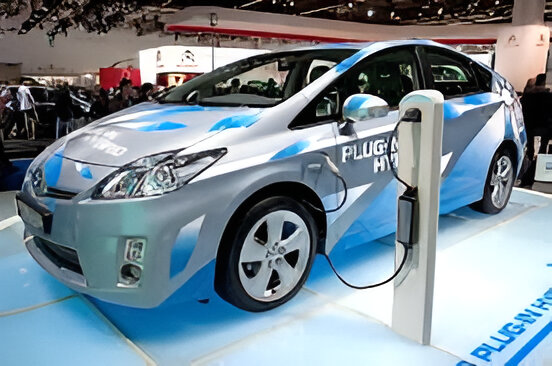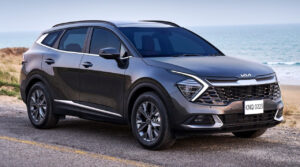Islamabad, Aug 23: Senator Aon Abbas chaired the meeting of the Senate Standing Committee on Industries and Production held today at Parliament House. The Senate Committee deliberated on the inclusion of cold storage in the industrial sector and the provision of affordable electricity rates. The matter was referred by the Chairman Senate. Officials informed that the ECC approved the matter and forwarded it to the Cabinet for their approval to declare ‘Cold Storage’ an industrial sector.
Furthermore, the committee was briefed on Pakistan’s Auto Policy. Officials informed that 13 automobile companies are currently operating in the country. Initially, there were 3 companies, but as a result of the 2016-21 Auto Policy, 8 new players entered the market. These companies have installed production capacity of 500,000 units annually in more than 40 models with over 100 variants. They contribute 4% to GDP, pay Rs. 300 billion in taxes, and generate over 2 million jobs in the country. Under the 2021-26 Auto Policy, the Ministry has introduced WP-29 safety regulations for auto manufacturers.
These safety standards have been adopted by all manufacturers except Suzuki for 6 variants. Suzuki has decided to discontinue 3 variants and redesign the remaining three to comply with WP-29 safety regulations. Senator Saifullah Sarwar Khan Nyazee stated that no car manufacturer should be allowed to produce cars that do not follow WP-29 regulations, questioning who would be responsible for the lives lost in such vehicles. Officials from the Ministry of Industries and Production explained that the government has set an export target of 7% for auto manufacturers for the year 2024-25. However, companies have obtained a court stay order claiming they will not be able to meet the target. Senator Saleem Mandviwalla opined that cars majorly produced in Pakistan are not up to international standards and that it is impossible to find suitable export markets for these vehicles.
Senator Aon Abbas highlighted the issue of reimbursement by auto manufacturers to customers in case of delayed vehicle delivery beyond 60 days. He stated that eight major car manufacturers, including Honda Atlas Cars, Indus Motor, Pak Suzuki, Hyundai Nishat Motors, and Kia Lucky Motors, have paid around Rs. 5.32 billion in compensation to customers. Officials informed that the Competition Commission of Pakistan is the concerned forum for checking malpractices by car manufacturers. Senator Aon Abbas directed that a detailed bifurcation of the amounts paid, along with the models of cars and the extra days for which the amount has been paid, be provided to determine if the compensation justifies the delay. The Committee also recommended that a universal mechanism be devised so that consumers and concerned departments can conduct real-time checks on car manufacturers.
Moreover, the Committee discussed the country’s EV policy. Officials stated that the government has introduced the EV policy to combat the climate crisis and diversify the automobile sector. Under the policy, there is a 1% customs duty on EV vehicle parts compared to 30% on traditional vehicles. The tariff for EV vehicles is also around 5-10% compared to 25-30% for traditional vehicles. These steps were taken to attract global EV manufacturers. Senator Saleem Mandviwalla opined that there is a dire need to build EV-friendly infrastructure; otherwise, the EV sector will not sustain. The Committee constituted a three-member Sub-Committee, under the convenership of Senator Saifullah Sarwar Khan Nyazee, to analyze the country’s EV policy.
The meeting was attended by Senator Syed Masroor Ahsan,Senator Saifullah Sarwar Khan Nyazee,Senator Khalil Tahir,Senator Mir Dostain Khan Domki,Senator Saleem Mandviwalla,Secretary for Ministry of Industries and Production Saif Anjum and other senior officials of concerned departments.









